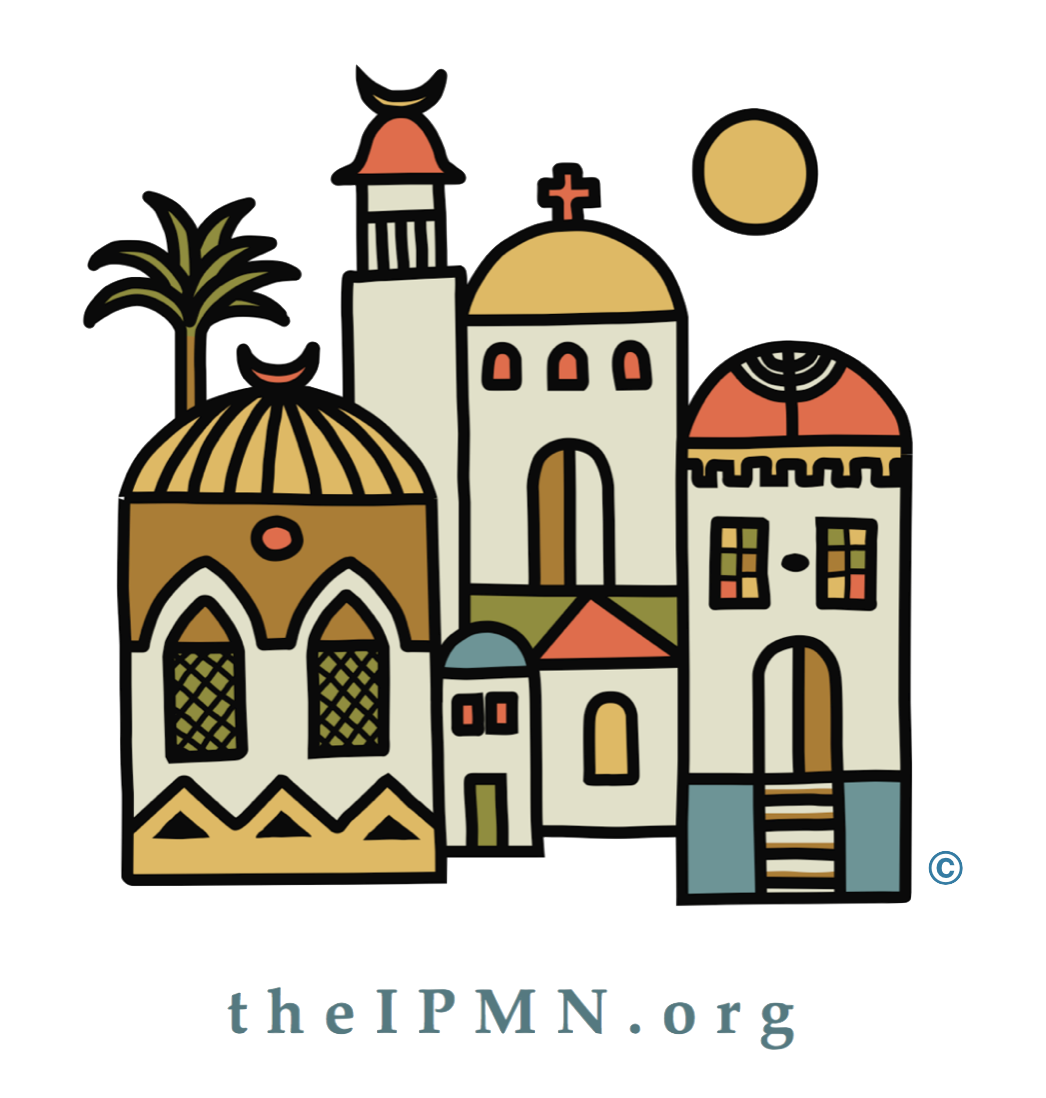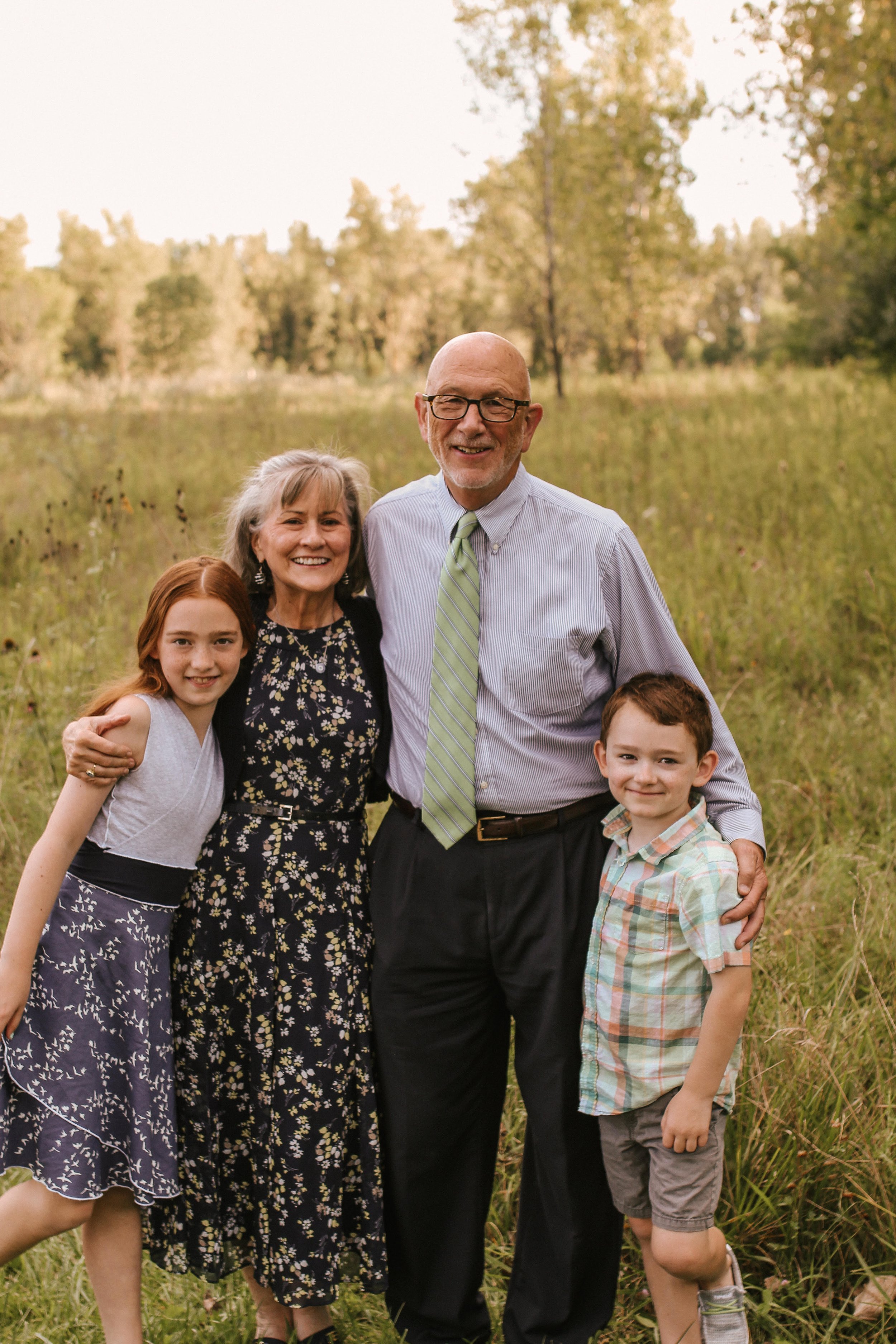Aida Refugee Camp
Solidarity Delegation, Reflection #4
By, Rev. Mary-Gene Boteler
A photo of the apartheid wall.
Imagine your family being awakened in the middle of the night by a loud pounding on the door, accompanied by the sound of soldiers demanding entrance. Once inside, the soldiers move through the house with their automatic weapons at the ready, commanding that the parents produce their young son or daughter for interrogation. The parents plead with the soldiers, to no avail. The child, barely a teenager (if a teenager) is pulled out of bed, still shaking off sleep, blindfolded, and taken into custody. No charges. No release date. Sure to be tortured for information or pressed into serving as an informant for the police. The Israeli military courts have jurisdiction to prosecute children as young as 12 years old; sometimes children younger than 12 are detained.
The commotion at the home has not gone unnoticed. Dogs are barking; the sound of the police vehicle wakes the neighbors. The almost weekly night raids are standard at the refugee camps in the West Bank. Under cover of the war in Gaza, the last four months have seen an increase in the number of night raids. It is clear that the prize for Israel is not Gaza; it is the West Bank.
Neighbors do not turn on their lights; they quietly listen behind closed doors, wondering which son/daughter will be absent the next day. They carry the same fear that every parent in the camp carries: the unlawful imprisonment of their son or daughter and the lack of a judicial system to protect them. The capture of the sons and daughters of the camp serves its intention of terrorizing the people into compliance. Neighbors must be careful in what they say to neighbors, because the incarcerated are often released with the stipulation that they inform on those within the camp. It is a sinister technique of occupation that breaks down trust within the community.
And yet, in the midst of occupation, the people of the Aida Refugee Camp we visited have endured. Often denied the necessities of life, they will not be denied hope. The Alrowwad Cultural and Arts Society was established in 1998 to save lives, inspire hope, and give opportunities for children, youth, and women to express their creativity through performing and visual arts, education and culture. Their philosophy of “beautiful resistance” against the ugliness of occupation and the violation of human rights focuses on the concept of non-violence as a path to peace. Its founder, Dr. Abdelfattah Abusrour writes, “We do not have the luxury of despair, but steadfast hope and a deep commitment to create a better future for all the generations to come.”
People in the pews can assist Palestinian refugees in their struggle for justice for their children through support for the Alrowwad Cultural and Arts Center or Military Court Watch, an organization that protects the rights, guaranteed under international law, of children detained by the police. MCW advocates, and where appropriate, litigates, to ensure that children who come into contact with the military legal system are treated with equality and accordance with the law. They do this by monitoring the treatment of children from the moment of arrest until their final release. Their website provides important statistics regarding children caught in the military legal system.
Prayer
God of all humanity,
in times of violence
we see how inhuman we can be.
We pray for all those who today, are weighed down by grief.
We pray for those who, yesterday, were weighed down by grief.
And the day before,
and all the days before the day before.
We pray, too, for those who help us turn
towards justice and peace.
Turn us all towards justice and peace
because we need it.
Amen.
-from Daily Prayer with the Corrymeela Community, Pádraig Ó Tuama
Rev. Mary-Gene Boteler
Mary Gene Boteler is a retired PCUSA pastor. She lives in Westerville, OH, a suburb of Columbus, with her husband. Dr. Rick Nutt. Their travel in Palestine/Israel/Jordan and their hosting of international partners from Palestine have led to their advocacy for justice for Palestinians, as well as a meaningful peace in the region. During the last eight months they conducted a monthly study in preparation for a pilgrimage they were to lead in November 2023--a pilgrimage that was unfortunately cancelled. They welcome the opportunity to stand with friends, new and old, in the region reminding them that they are not alone. Boteler serves on the Board of Trustees at Louisville Presbyterian Seminary, is past president of the Board of Directors of Presbyterian Publishing Corporation, has represented the denomination on both national and international Presbyterian delegations, and spends hours canvassing for progressive candidates. She and her husband have two grown daughters and two grandchildren.



